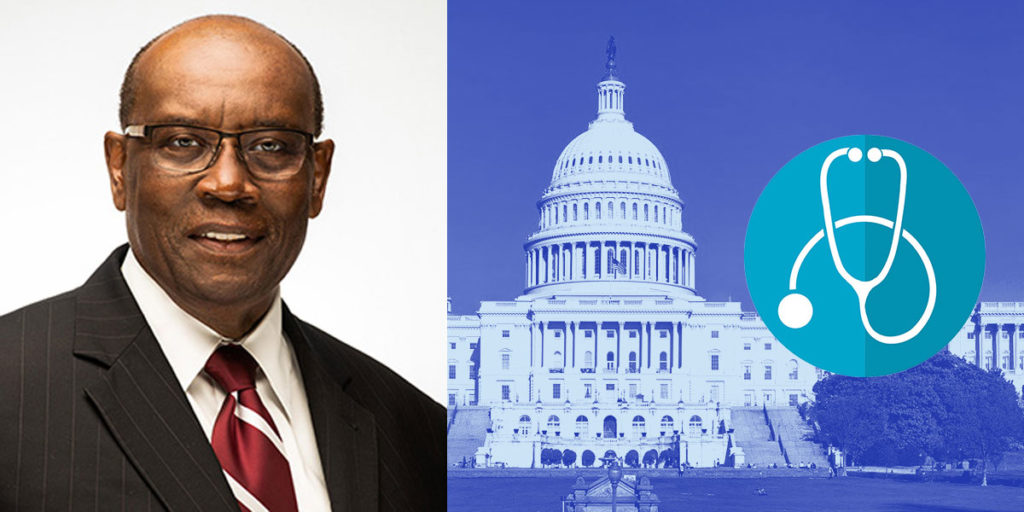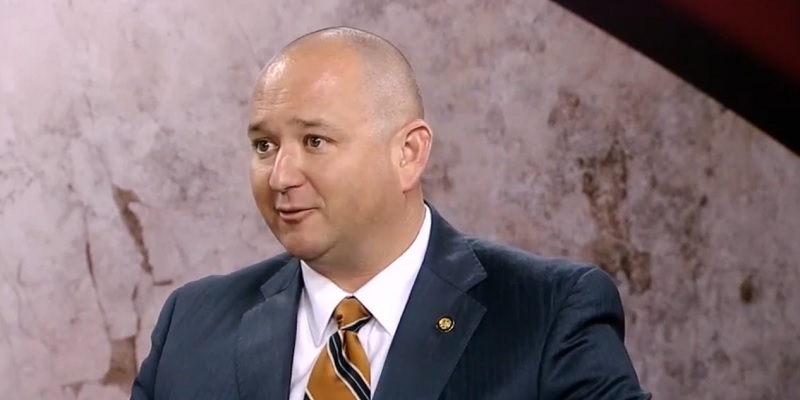While the Affordable Care Act (ACA) is not perfect, it has helped create a system in which more Americans have access to comprehensive health care coverage than ever before. The next steps from a policy standpoint should be to continue improving upon the ACA in order to expand coverage while bringing down costs, particularly for patients who already face higher hurdles to getting the care they need —including working families that are uninsured or underinsured.
That is what makes recent discussions regarding an array of policy proposals — including single-payer, the public option, Medicare for All, or Medicare “buy-in” — so disconcerting. As someone who works with local, rural physicians to connect these patients with the health care services and treatments they need, I fear any one of these proposals would take us down a road to government-controlled health care that could undermine all the progress we are making to provide quality care for those who need it most.
In my current role, I am specifically focused on supporting initiatives that provide affordable, high-quality health care to working families and local businesses. Securing, protecting, and improving employer-sponsored health insurance coverage is a critical part of that mission. Supporting a move toward a more government-centric model of health care insurance runs counter to that effort and would have a tremendous, negative impact not only on employee-sponsored plans, but on patients and health care facilities, particularly in rural parts of Alabama and the rest of the country.
The fact is, a government-run health care insurance system would eventually eliminate any private or employer-base plans currently on the market. Even just introducing a public option would make it nearly impossible for private and employer-sponsored plans to compete. How could they when their “competitor” has the full financial backing of the federal government without any of the traditional overhead costs of private insurance companies? Eventually, only the government option would remain, and fewer options have never yielded lower costs or increased quality for consumers in any sector.
Moreover, a government-run health care insurance system could potentially be detrimental for patient access to care, quality, and affordability—especially for Alabamans and all Americans living in rural communities. A recent study found that offering a government insurance program like the public option, which would reimburse hospitals and other providers at Medicare levels, could put up to 55% of America’s rural hospitals “at high risk of closure.”
That represents more than 1,000 rural hospitals in 46 states that provide upwards of 420,000 much-needed, highly skilled jobs. Even for those facilities that are not placed at such high risks of closure, a public option could “negatively impact access to and quality of care” by forcing hospitals to potentially eliminate services or reduce staff, the study found.
Moreover, the economic toll that threatening America’s rural hospitals would have on rural Alabama is reason enough to avoid any government-run health care scheme. For many rural communities, here in Alabama and across the country, local hospitals are often the largest source of jobs and economic stimulus around. Undermining those contributions would threaten the strength of local economies nationwide.
When it comes to government-controlled health care, the risks are simply not worth the rewards. Rather than chasing unrealistic fantasies of uprooting and eliminating the ACA in favor of Medicare for All, a public option, or single-payer, policymakers and candidates running for president should focus on ways we can make practical improvements to our health care system. Ultimately, that is how we will be able to bring costs down while ensuring all Americans have access to quality, affordable and comprehensive health care coverage.
Curtis Cannon is a board member and speaker for Employee Benefit Advisors and managing partner of Axis Recovery, a healthcare consulting firm in Alabama.













